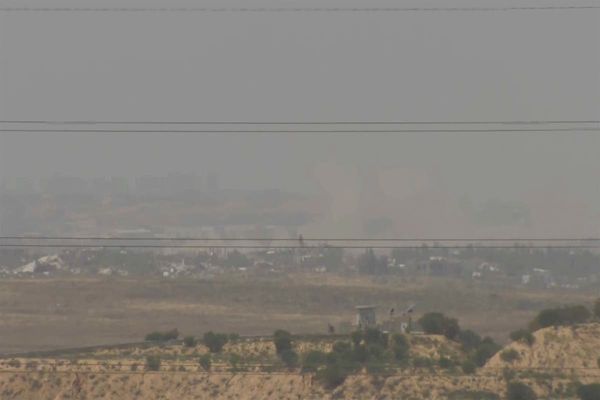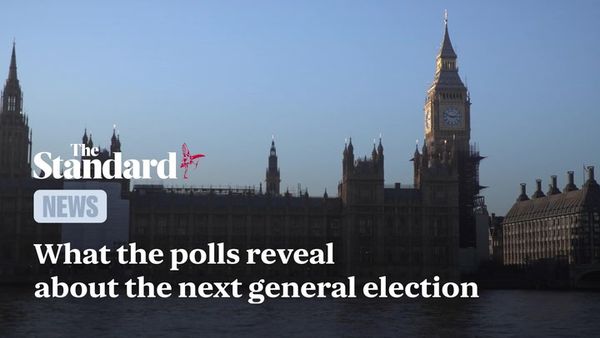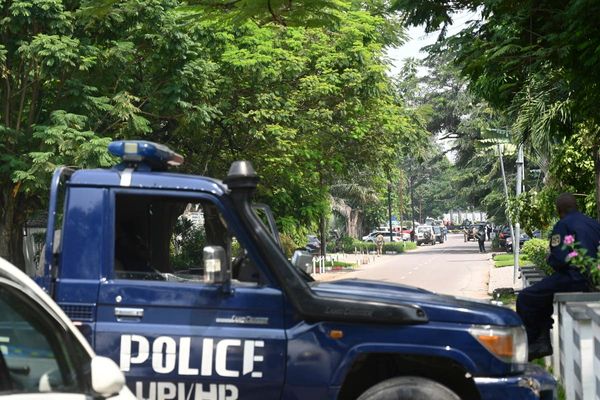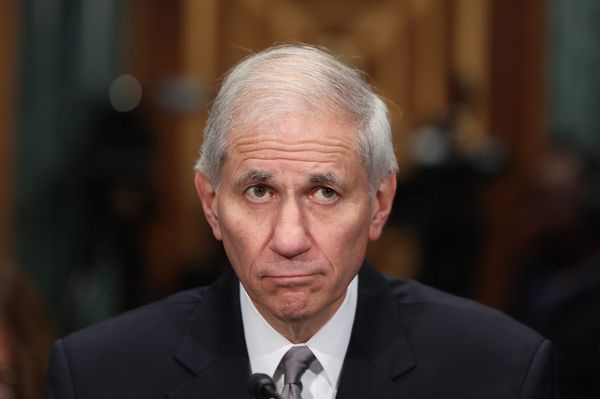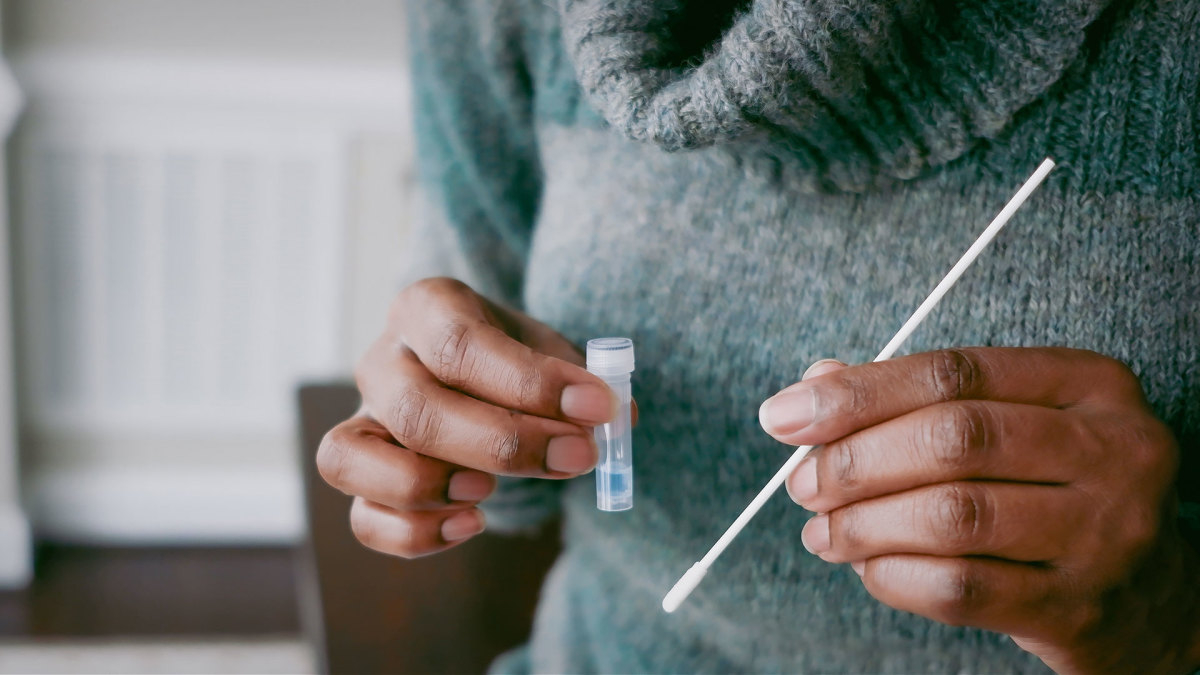
While many thought the days of taking swab tests and being checked for disease at the airport were finally behind us, some travelers may soon be asked to do just that when arriving at a U.S. airport from an international flight.
Known as the Traveler-based Genomic Surveillance (TGS) for Early Detection of New SARS-CoV-2 variants, the program launched in 2022 after pandemic-related restrictions eased as a voluntary way for travelers to check themselves for common easily-transmissible diseases and provide infection data to the health authorities.
Related: A low-cost airline just lost its right to fly over budget and safety issues
While it is still entirely voluntary, the Centers for Disease Control and Prevention (CDC) announced that it would be expanding the TGS to also swab for new variants of covid, flu, RSV and other respiratory illnesses.

TheStreet
CDC wants to 'get a picture of what's going on' and what diseases are spreading
Starting in November and going on for several months until the weather starts to warm, the program will target international arrivals at New York’s John F. Kennedy International Airport, Boston Logan International Airport, D.C.'s Dulles International Airport, San Francisco International Airport and LAX in Los Angeles . Those who want to participate will be able to swab their nose and hand in a sample.
More Travel:
- A new travel term is taking over the internet (and reaching airlines and hotels)
- The 10 best airline stocks to buy now
- Airlines see a new kind of traveler at the front of the plane
To complement the approximately 6,000 swabs that the CDC currently collects through the program each week, the government health agency will also be testing the wastewater from the planes coming in from faraway places. The goal of both actions is to gain a rough understanding of what diseases are being brought into the United States and will become more prominent during cold and flu season.
"Our focus is always on airports that are international hubs and have flights coming in from a broad array of international locations so we can get a picture of what's going on globally and detect concerning strains early," Dr. Cindy Friedman, who heads CDC's Travelers' Health Branch, told Reuters.
Friedman also added that, under the expanded swabbing program, the CDC will test for a total of 30 different pathogens. The idea is to catch which infections to watch out for before they become prevalent with the help of travelers who want to participate.
"The TGS program, which began during the COVID-19 pandemic, acted as an early warning system to detect new and rare variants of the SARS-CoV-2 virus and will do the same for other respiratory viruses going forward," Friedman said.
Where have we seen this before? Looking at you, New Zealand
A similar voluntary information-gathering program was launched by Air New Zealand ANZFF in May 2023 when the airline started asking passengers checking in for an international flight at Auckland Airport to step on a scale to provide weight data for an anonymized pool.
The program was entirely optional and made to provide an overall number about the weight of the plane in order to meet safety regulations and gain estimates of what passengers bring onboard when things such as jackets and additional bags are factored in (neither the check-in agent nor even the passengers themselves got to see what the scale recorded.) Many still balked at the idea of an airline weighing them.
